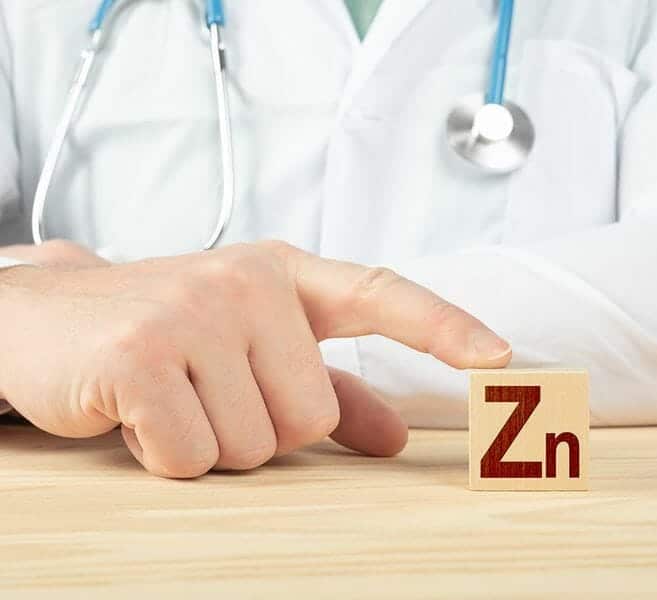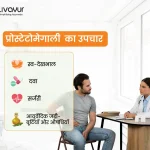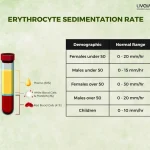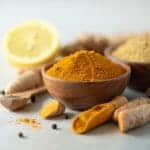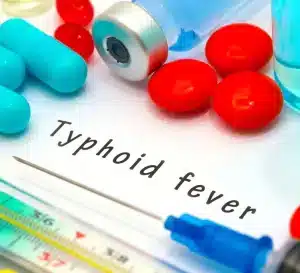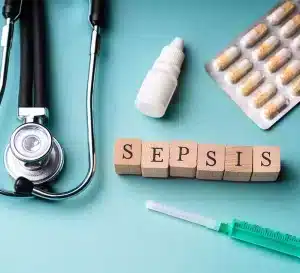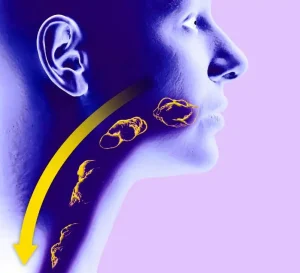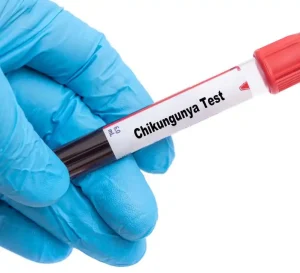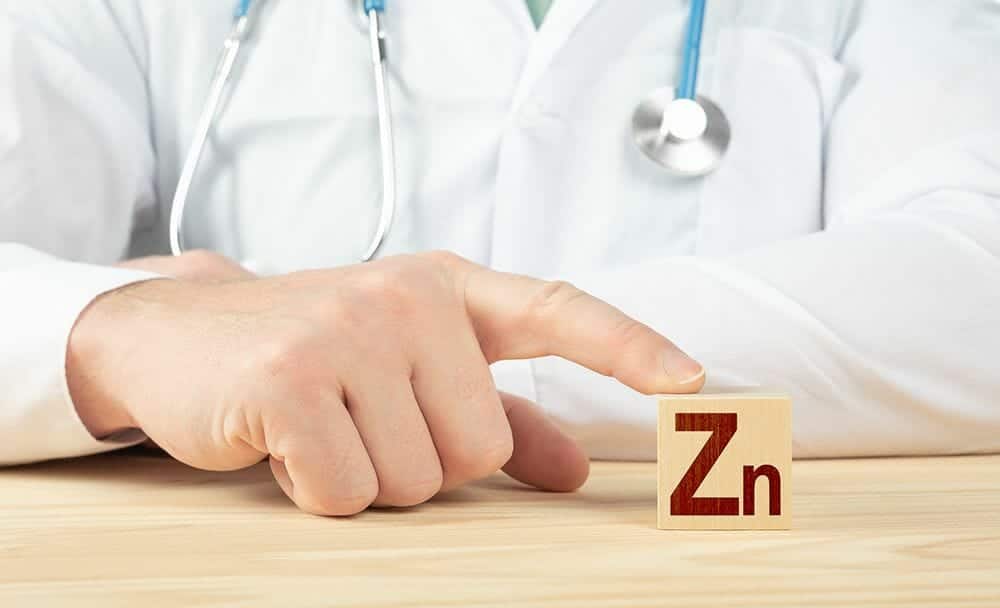
Zinc is a highly vital trace mineral required by the body for various important functions, including brain development, immune response, and endocrine system regulation. It plays a crucial part in maintaining optimal health and well-being. [1]
In Ayurveda, elementary zinc is known as “Yasada.” Zinc-containing minerals, including Rasaka or Kharpara (zinc ore or zinc carbonate), Yasada (zinc metal), Puspanjana (zinc oxide), and Pittala (brass), are used as therapeutic agents in Ayurvedic medicine. Ayurvedic physicians have employed oral and topical applications of purified and calcified zinc-containing metals for treating Kapha and Pitta disorders. [3]
Zinc deficiency can cause several health issues and can affect people of all age groups and backgrounds.
Symptoms of Zinc Deficiency
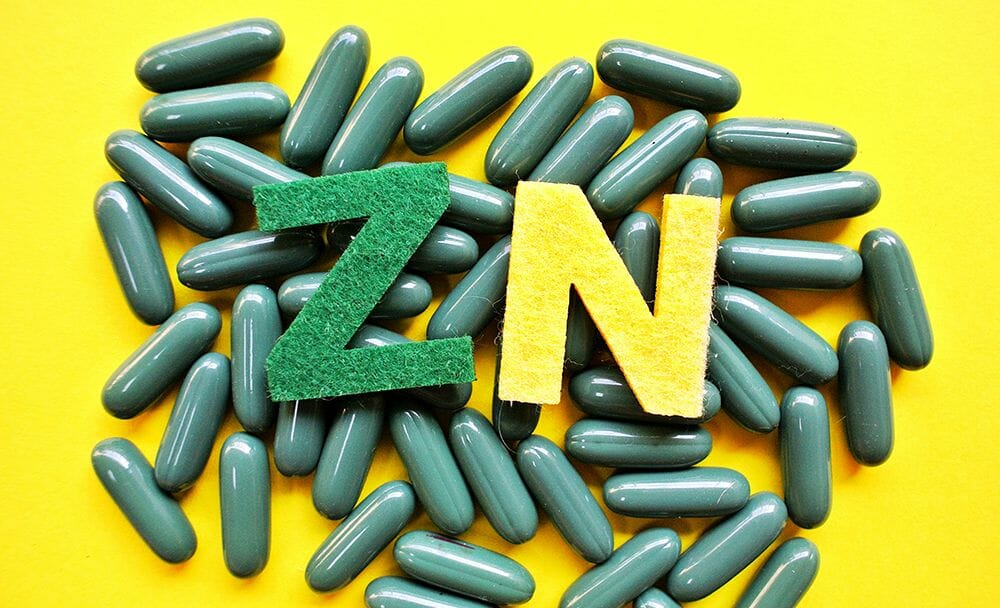
Zinc deficiency can manifest in various ways, and the symptoms of the deficiency may differ depending on the severity, impact and duration of the deficiency. Some common zinc deficiency symptoms include:
- Growth and Development Issues
- Sexual dysfunction
- Inflammation
- Gastrointestinal Concerns [2]
- Skin Problems
- Hair Loss
- Loss of Appetite
- Impaired Sense of Taste and Smell
- Mood Changes and Depression
- Reproductive Issues
- Diarrhea [1]
Severe zinc deficiency can also lead to skin and its appendages undergoing various changes, including brittle nails, dry and scaly skin, impaired wound healing, increased vulnerability to infections due to immune system disturbances, and potential cerebral dysfunctions. [4]
Causes of Zinc Deficiency
Several factors can contribute to Zinc deficiency:
Inadequate Dietary Intake:
A diet lacking in zinc-rich foods can lead to a deficiency. Dietary sources of zinc include meat, shellfish, nuts, seeds, legumes, and whole grains. [2]
Malabsorption:
Certain medical conditions, such as Ulcerative colitis, Crohn’s disease, and Celiac disease, can impair the body’s ability to absorb zinc from the diet. [2]
Medications:
Long-term use of certain medications, such as diuretics, certain antibiotics, and sodium valproate, can interfere with zinc absorption. [2]
Pregnancy and Lactation:
Pregnant and breastfeeding women have increased zinc requirements, and inadequate intake can be one of the zinc deficiency causes. [2]
Alcoholism:
Chronic alcohol consumption can interfere with zinc absorption and increase zinc excretion, leading to deficiency. [2]
Genetics:
Inherited Zinc deficiency is a genetic condition characterized by impaired zinc absorption or utilization in the body, leading to chronic deficiencies and associated health issues. [2]
Diagnosis of Zinc Deficiency
Diagnosing Zinc deficiency can be challenging as symptoms can overlap with other health conditions. Healthcare professionals use several methods to assess zinc status:
Medical History & Physical Examination:
The doctor will inquire about the patient’s medical history, symptoms, and dietary habits. A physical examination may reveal characteristic signs of Zinc deficiency.
Zinc blood/ Urine/ Hair Tests:
A simple blood test can measure the zinc level in the blood. However, zinc levels in the urine and hair may not accurately represent total body zinc status.
Plasma Zinc Concentration:
Plasma zinc concentration is another way to assess zinc status. It may provide additional information when combined with other tests. [2]
Treatment of Zinc Deficiency
Treatment for Zinc deficiency involves increasing zinc intake through dietary changes or supplementation, depending on the severity of the deficiency. Some treatment options include:
Dietary Changes:
Encouraging the consumption of zinc-rich foods can help correct mild deficiencies. Foods such as red meat, poultry, nuts, seeds, and whole grains are good sources of zinc.
Supplements:
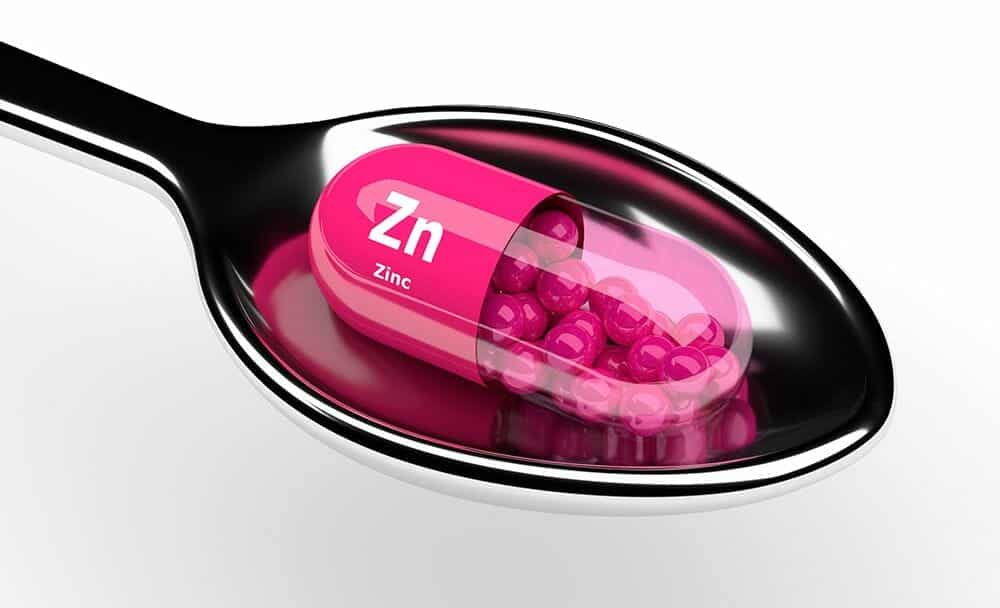
Zinc supplements may be recommended for more severe signs of zinc deficiency or when dietary changes are insufficient. Supplements are available in several forms, including zinc gluconate, zinc sulfate, and zinc acetate. [2]
Ayurvedic treatment:
Panchavidha kasaya kalpana: The five fundamental pharmaceutical processing methods, known as Panchavidha kasaya kalpana, are used to prepare plant-based products for internal administration. These methods include Svarasa (Juice), Kalka (Paste), Sruta (decoction), Sheeta (cold infusion), and Phanta (hot infusion). [3]
Other zinc preparations: Other zinc preparations are also used in Ayurveda to treat a variety of conditions caused due to zinc deficiency. These include Yasadamruta ointment for zinc deficiency symptoms skin, Kshyakeshri rasa for memory issues, and Sutika hara rasa for dysentery. [3]
FAQs
• How can you prevent zinc deficiency diseases?
Consume a balanced diet that includes a vast array of zinc-rich foods, such as meat, fish, poultry, nuts, seeds, legumes, and whole grains.Pregnant and breastfeeding women, vegetarians, and people with medical conditions that impair zinc absorption should consider zinc supplementation if advised by a healthcare professional.
Avoid excessive alcohol consumption and be cautious with medications that may affect zinc absorption, especially if they are used long-term.
Breast milk contains bioavailable zinc, so breastfeeding infants receive adequate zinc if the mother’s diet is balanced.
• What is the recommended daily dosage of zinc?
Children under 4 years: 3 mg/dayChildren between 4 and 8 years: 5 mg/day
Children between 9 and 13 years: 8 mg/day
Non-pregnant and non-lactating women: 9 mg/day
Men: 11 mg/day
Pregnant and lactating women: 11 to 12 mg/day
• Which are the best zinc-rich foods for vegetarians?
Vegetarians can find zinc in various plant-based foods such as Chickpeas, lentils, pumpkin seeds, watermelon seeds, hemp seeds, beans, and oatmeal.
Conclusion
Zinc deficiency is a significant health concern that can lead to various symptoms and impact overall health and well-being. Recognizing the signs of zinc deficiency, understanding the causes, and seeking timely diagnosis and treatment are essential steps to mitigate the potential consequences of inadequate zinc levels. By adopting a balanced diet and, if necessary, using zinc supplements under the guidance of a healthcare professional, individuals can ensure they meet their zinc requirements and maintain optimal health.
Disclaimer:
This article is written from a health and wellness perspective and is not medical advice. Kindly seek the help of a certified medical practitioner before initiating any treatment.
References:




